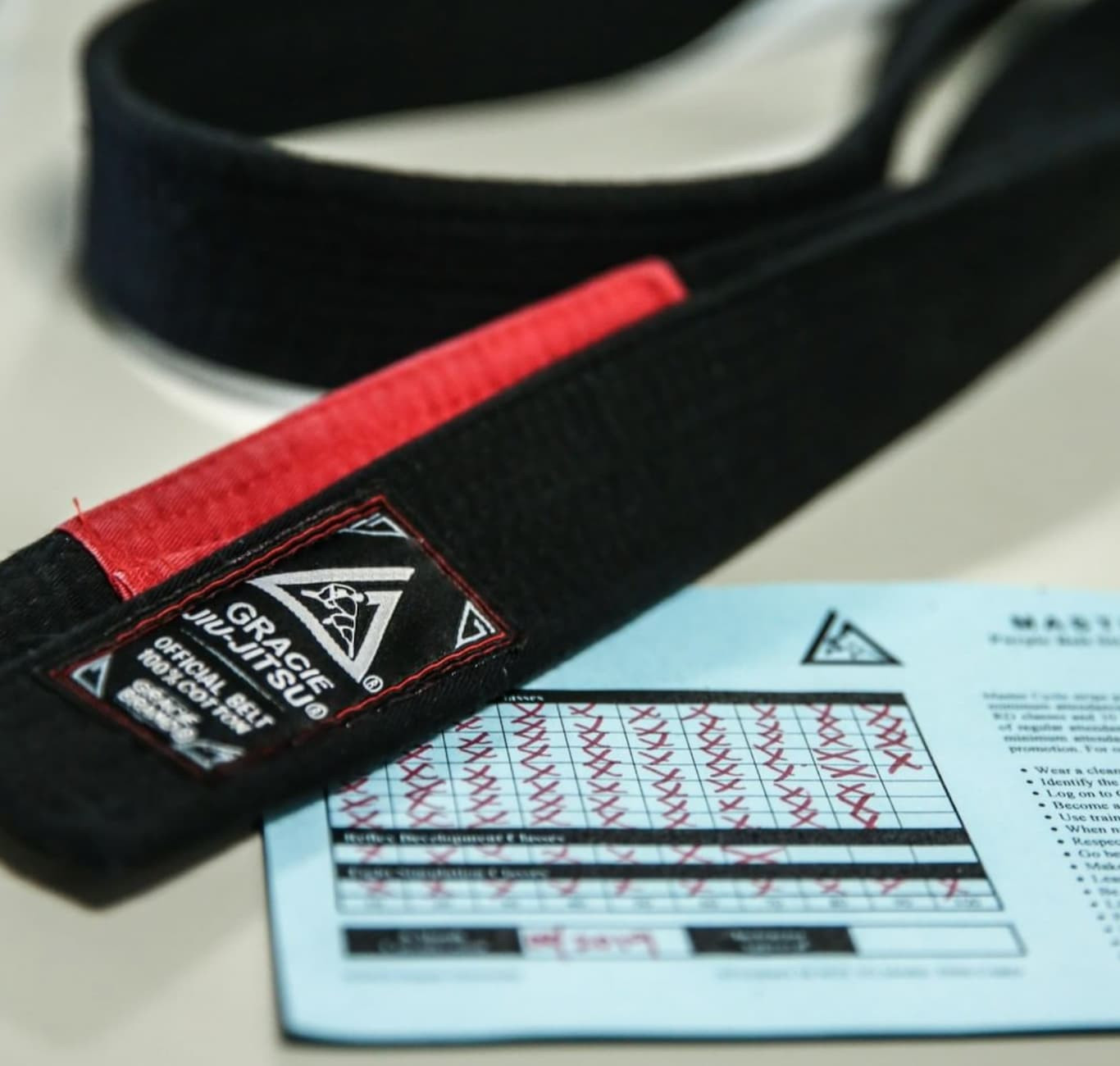What To Look for In a Jiu Jitsu School
There are dozens of reasons for wanting to take up jiu-jitsu. Some people may want to treat it like a sport and compete in tournaments. Others may be mixed-martial arts fighters looking to become better at grappling and learning how to execute or escape submission holds. Still others may want to learn how to practice self-defense in a street fight scenario.
No matter what kind of approach you favor, chances are you will be able to find a gym or an academy that will cater to the path you want to take, especially if you live in a major metropolitan area. As it’s difficult to determine what kind of teaching methods or training goes on at a school just by looking at a website, you may want to talk to an instructor or some students to make sure it aligns with your priorities and goals. You may also want to drop in to see what the atmosphere is like in person.

Unfortunately, not every jiu-jitsu school is going to be a perfect fit for you. In some cases, it may be because you don’t share the head instructor’s philosophy or because you want to train at a different level of intensity than what’s expected at the school. In other cases, it may be because of red flags that you spot when you walk in. If you see dirty mats or get cult vibes when you walk in, don’t feel bad about heading for the door. If the instructor won’t give you a clear answer on lineage, that’s another problem. If safety is treated like an afterthought, you may also walk away. You’re learning jiu-jitsu, not joining Cobra Kai.
There are also red flags that may not be as clear until you’ve taken a few classes. For example, if you have a lot of scheduling conflicts and don’t follow a set routine, you may end up learning from several instructors. This is not necessarily a bad thing. Getting new perspectives and pointers can make you a more well-rounded fighter.
However, as Ryan Young of Kama Jiu-Jitsu notes in the below video, this is only true if all the instructors agree how certain moves are taught and how techniques are used. Without a strong curriculum and agreement among the instructors on how basic moves are performed, you may end up lacking a strong understanding of jiu-jitsu fundamentals. For example, if you learn one guard pass from an instructor at one class, and then a separate type of guard pass from another, and then a third or fourth from other instructors, chances are that you’ll only become adequate at two or three or four moves rather than a master of one. While each one may be effective given enough practice, you won’t get that practice.
“You won’t get the repetition you need,” Ryan says. “You won’t get the reinforcement you need.”
This is often a symptom of a larger problem at schools where there is no roadmap to success. Jiu-jitsu can’t just be about learning moves at random and figuring out your own path during mat time. True, some “naturals” may be able to thrive in this environment, but the vast majority of new students need structures in place that will give them a firm foundation that they can build on as they develop their jiu-jitsu.
A successful jiu-jitsu school needs more than just instructors who are all on the same page. There needs to also be a larger methodology that glues all the lessons together into a roadmap to success, one that will take you from white belt to blue belt, and from blue belt onward. “There’s a blueprint for jiu-jitsu and the blueprint will tell you what you need to do when you need to do it,” Ryan explains. If your school does not have these kinds of structures in place, then there is a chance that you will struggle to develop your jiu-jitsu.
Beyond making sure the mats are clean and the head instructor isn’t a creep, what you should be looking for at a new school is whether or not your instructor has a clear lineage, if the instructors teach basic moves in a uniform way, and if there is a clear blueprint for growth. Though you may not notice some of these problems until you’ve taken a few or perhaps even a dozen classes, they can prevent you from realizing your full potential or be a drag on your jiu-jitsu journey.
